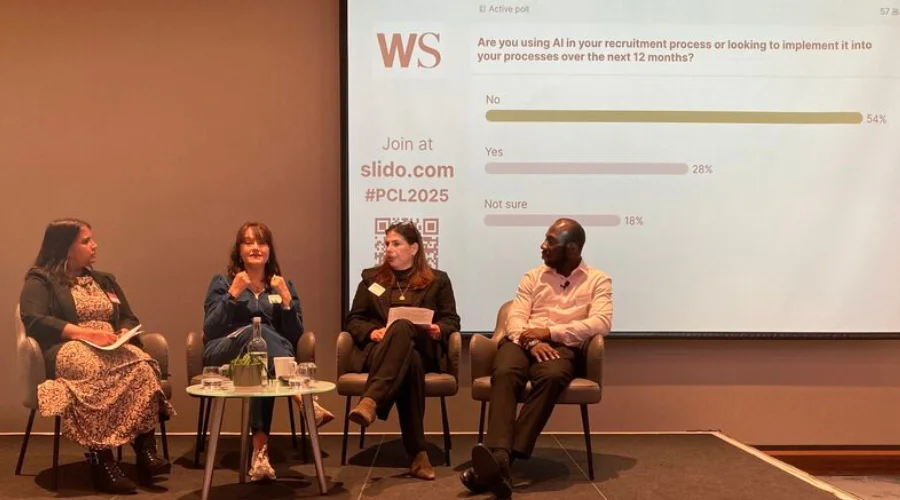
Quick CV Dropoff
Want to hear about the latest non-profit and public sector opportunities as soon as they become available? Upload your CV below and a member of our team will be in touch.

I attended an insightful and interactive webinar recently, courtesy of Inclusive Employers, titled "Neurodiversity in the workplace".
As a neurotypical person, I was keen to find out more, especially how I could support neurodiverse colleagues, friends, and clients and wanted to share my findings from the webinar and suggestions from other participants.
Neurodivergent simply means someone who thinks differently from the way the majority (referred to as neurotypical) expect.
ADHD, Autism, Dyslexia, Dyspraxia are just some examples.
Just as with other diversity, neurodiversity is a competitive advantage. As well as avoiding group thinking, having neurodivergent colleagues can bring a multitude of benefits to the workplace, innovative thinking, creativity, energy, passion, visual thinking, empathy, and fine detail processing to name but a few.
It is estimated that 1 in 7 people in the UK have some form of neurodivergence, so what can organizations do to be more inclusive of neurodiversity?
As individuals, we can support our neurodivergent colleagues immediately by:
Individuals, colleagues, and leaders can all support by simply saying less and asking more:
TPP has put together an Inclusive Recruitment Guide, details can be accessed here, and please check out other articles from my colleagues regarding neurodiversity:
If you would like to discuss how TPP can assist you with inclusive recruitment and achieving your diversity and inclusion goals, then please do not hesitate to get in touch with me on 020 7198 6112.